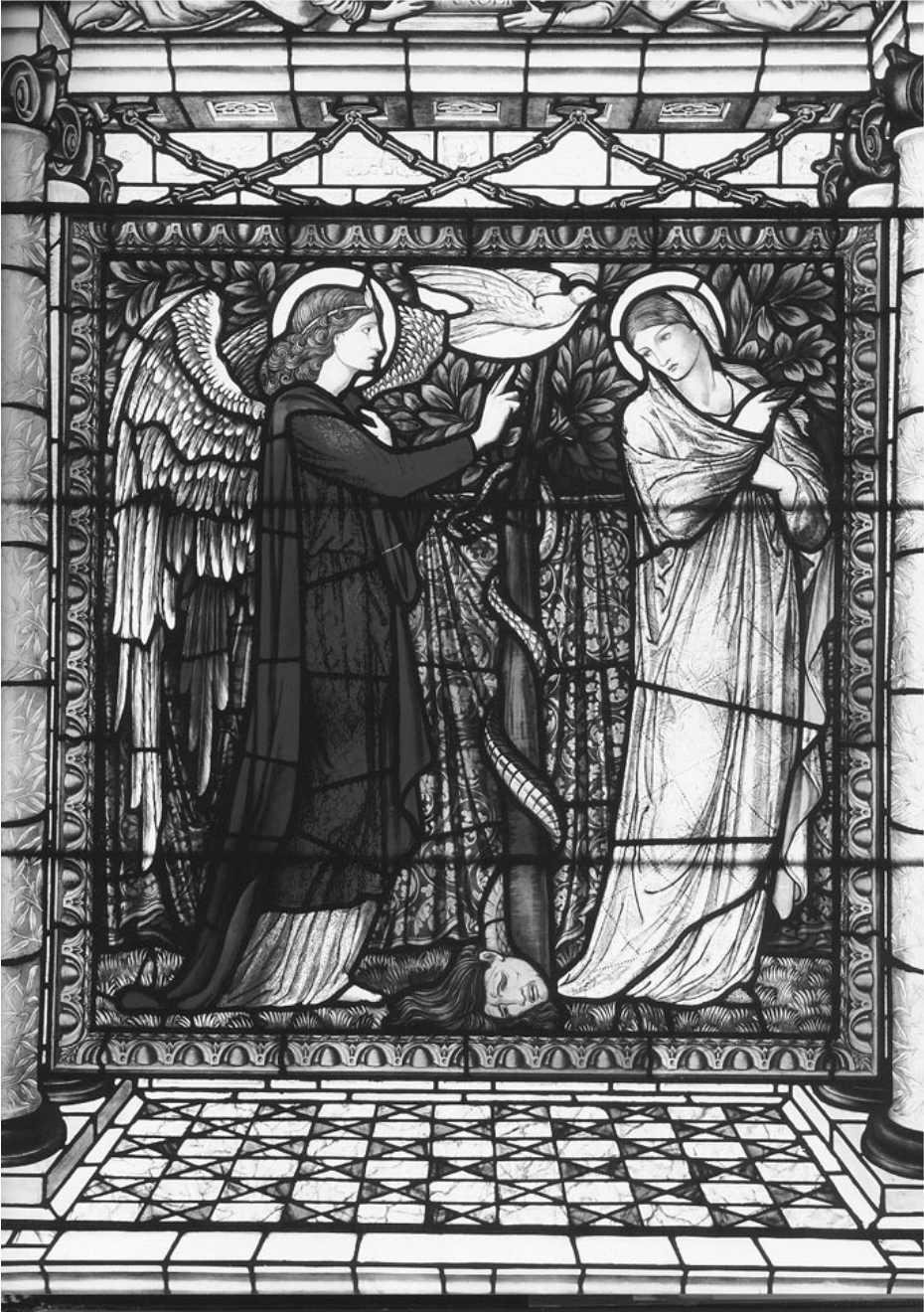 A sense of place is very important to us especially at Christmas time. All our senses are activated. We decorate our homes and fill them with aromas of cooked and baked goodies. We sing and hear Christmas carols. We invite family and friends to visit with us. We do not want to be alone. The pace of life accelerates, and we try to cram more into every day. Our days are filled with anticipation of reunions with family and friends and peace on earth good will toward all.
A sense of place is very important to us especially at Christmas time. All our senses are activated. We decorate our homes and fill them with aromas of cooked and baked goodies. We sing and hear Christmas carols. We invite family and friends to visit with us. We do not want to be alone. The pace of life accelerates, and we try to cram more into every day. Our days are filled with anticipation of reunions with family and friends and peace on earth good will toward all.
Home is that call and journey that bring us back to the soundest landmarks of our hearts and souls. Home-coming at Christmas is a return to our spiritual base, a yearning for our God and beliefs and values that we know we can “be at home” with. It is a coming home to more truthfulness, more caring, more spiritual values, and more of the God we can really believe in, the God of peace on earth, the God who “so loved the world that He gave His only Son” who was born in a manger in Bethlehem.
Jesus came into our midst through a new creative act of the Holy Spirit. Jesus’ life and mission redefines the meaning of home. Home is not so much a beloved location. Home is the journey that brings us back to the soundest landmarks of the heart and soul. Perhaps that is why Christians are called a pilgrim people, a people constantly on the move. Christians hear God’s call and are at home making the trip together to Bethlehem. It is how we travel this journey and with what motivation that matters.
Our relationship to God is similar to two neighbors who quarreled and parted company for some reason. Then it occurs to one of them that this situation is just not right. He writes a letter to his former friend suggesting that they make peace. He receives no reply. Come now, he thinks, I must try again. So he writes him another letter asking for them to make peace and resume their former friendly relationship. Still there is no reply. Then the man decides one evening during a bitter cold winter’s night with howling wind and snow to undertake the journey to the other man’s house on foot. He arrives panting and stiff with cold. He repeats his invitation for reconciliation. And now it begins to dawn on his neighbor that he has before him a real human being, frozen, drenched with snow, and panting. His heart melts and he takes the neighbor’s invitation seriously. So, he says “Yes! Let us be friends again.”
We could say that the neighbor with the initiative is God. God has communicated with us in numerous ways such as through the Holy Scripture and the prophets. We failed to respond. Finally, God came to dwell among us as a poor, homeless man, as one who had nowhere to lay His head, as one who was slain on the cross because people refused to believe in His invitation and mission. And yet in that time, the eyes of some were opened. God’s love is so persistent in His invitation that we cannot now fail to say “Yes! Here am I, the servant of the Lord. Let it be with me according your word.”
Christmas is an invitation to faith, hope, love, and obedience. God, similar to the good neighbor, repeats His invitation but this time not with a letter nor by God’s sending the prophets. This time, God comes to us as the baby born in a stable to a young peasant women. God comes to us in the flesh—in a form that we can understand. Later in life, Jesus allows Himself to be crucified so that we may realize how serious God is about His message of faith, hope, love, peace, and reconciliation.
Christmas is God coming to our “home” knocking on the door of our hearts. Christmas is the time to make peace in our households and with our neighbors. Christmas is the time for really coming home to God by opening our lives to the Christ Child and making room for Him in our hearts.
Think About It
- Of what importance are the Christmas holidays for you?
- What is the message of Christmas for you?
- Where is your spiritual home or are you among the spiritually homeless?
